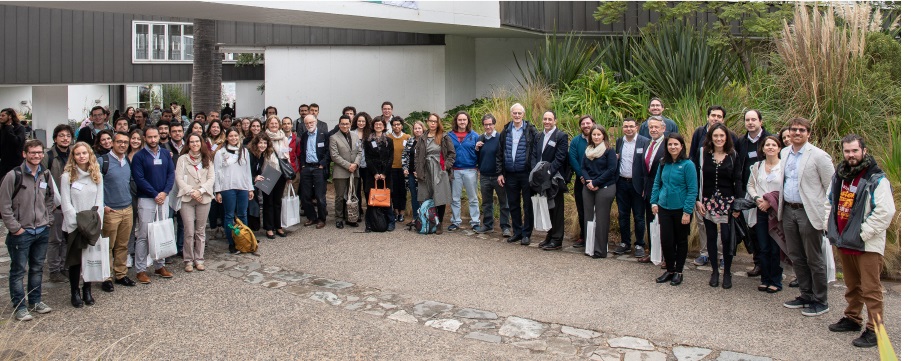The 3rd Annual IZA Workshop on Gender and Family Economics was held jointly with the Adolfo Ibáñez University, Chile, on April 12 – 13, 2019. It was an excellent opportunity for researchers in Central and South America to become familiar with IZA and for the excellent research taking place in Central and South American to be exposed to a wider audience.
Among the many excellent papers, two in particular stood out. Richard Akresh evaluated the long-term impact of one of the largest school construction programs ever that took place in Indonesia in 1973. Exploiting variation across birth cohorts and districts in the number of schools built, the paper shows that education benefits for men and women persisted 43 years after the program. Exposed men are more likely to be formal (and non-agriculture) workers and to migrate. Women are more likely to migrate and have fewer children. The paper also shows evidence for transmission of the education benefits to children, particularly from mothers to daughters.
Florencia Lopez Boo evaluated the impact of a randomly assigned conditional cash transfer in Honduras. The paper shows significant and sizable (0.34 SD) impact of the cash transfer program on cognitive development in children aged 0-60 months. Families that received the “health” transfer, which targeted 0-5-year-old children only, benefited significantly from the program, whereas families receiving the “education” transfer, which targeted 6-18 year-olds, received no benefit. The “health” transfer families were more likely to attend health checkups, which may have induced behavior changes that improved children’s health and cognitive development, including purchasing more nutritious food.
